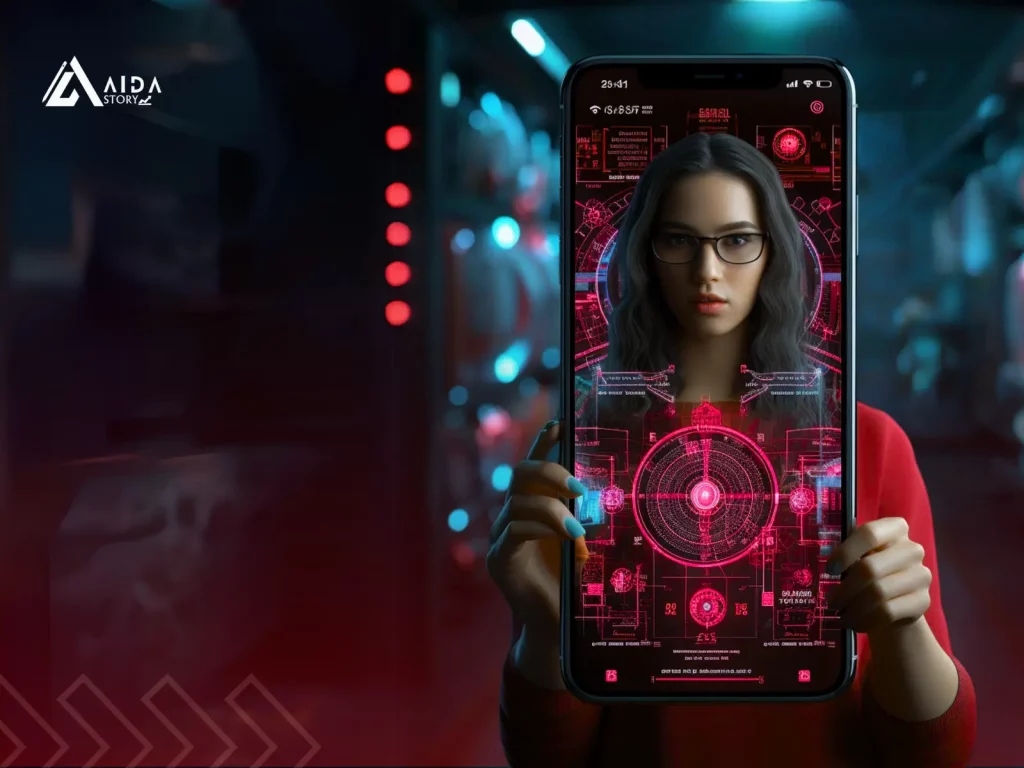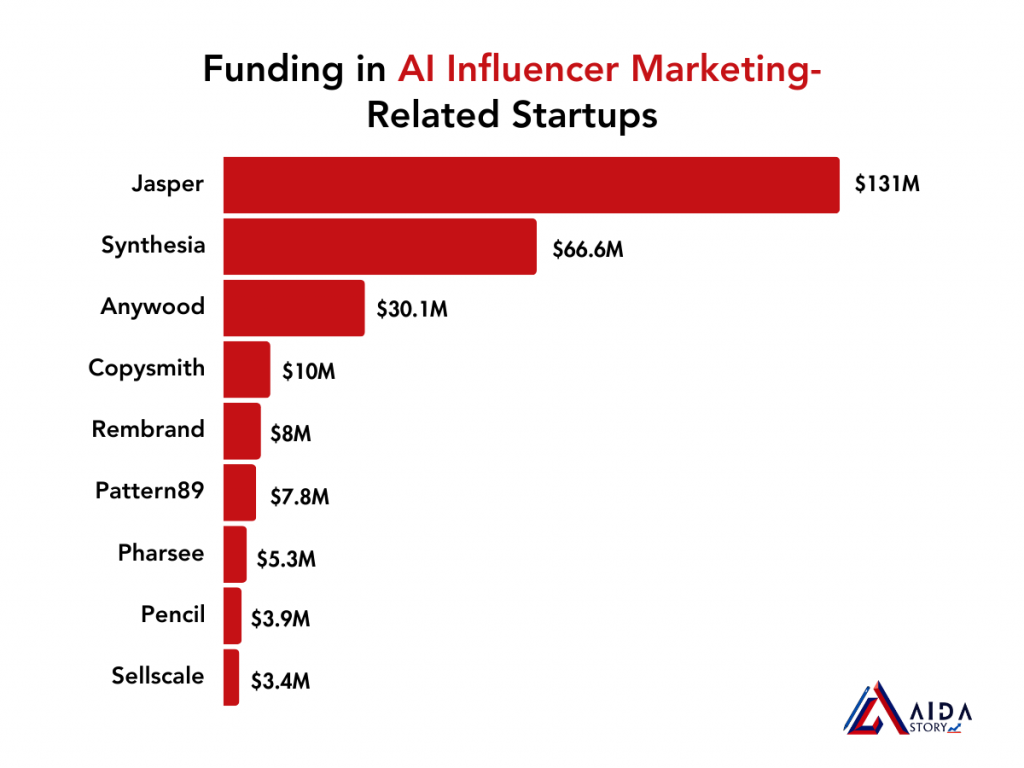
The world of influencer marketing is in flux. According to Statista, the influencer marketing industry hit $15.2 billion in 2023 and is projected to reach $22.2 billion by 2025. While collaborations with social media stars remain a powerful tool, Artificial Intelligence (AI) is rapidly changing the game. But is AI a friend or foe for brands and influencers alike?
Let’s get into the blog to know how AI is reshaping influencer marketing and explore both its potential and challenges.
How to use AI in Finding the Perfect Influencer?
The influencer marketing landscape is brimming with potential partners, but finding the right fit can feel like searching for a needle in a haystack.
Thankfully, AI is here to revolutionize your search, transforming it from a guessing game into a data-driven science.
Here are 5 ways AI empowers you to discover the ideal influencer for your brand:
1. Deep Audience Insights: Forget relying solely on follower count. AI uses deeper, analyzing demographic data like age, location, and interests of the influencer’s audience. This allows you to target campaigns with laser precision, ensuring your message resonates with the people who matter most – your ideal customers.
2. Engagement Rate Analysis: Engagement is the lifeblood of successful influencer marketing. AI goes beyond simply looking at likes and comments. It analyzes in-depth engagement metrics such as shares, saves, and click-through rates, providing a clearer picture of how actively the influencer’s audience interacts with their content.
3. Content Style Matching: Not all influencers create the same type of content. AI can analyze the influencer’s content style, including tone, visuals, and storytelling approach. This ensures you partner with someone whose content aligns seamlessly with your brand voice and resonates with your target audience’s preferences.
4. Competitive Landscape Analysis: Gain a strategic edge by understanding the influencer landscape. AI can analyze the performance of your competitors’ influencer campaigns, revealing insights into which influencers are driving results and the types of content that resonate with your target audience within your industry.
5. Identifying Rising Stars: Don’t miss out on the next big thing! AI can identify emerging influencers with rapidly growing audiences and high engagement rates. This allows you to tap into the potential of these rising stars before they become mainstream, potentially securing more favorable collaboration terms and reaching a fresh, engaged audience.
The Rise of AI-Powered Virtual Influencers
Step aside, traditional influencers! AI is introducing a new breed of stars: virtual influencers. For example, Miquela is a virtual influencer with a whopping 2.5 million followers. She even got partnerships from brands like BMW and Chanel. These computer-generated personas are gaining traction, offering brands unique advantages:
- Complete Control: Brands have complete control over the appearance, personality, and messaging of virtual influencers, ensuring perfect alignment with their brand image.
- Scalability and Consistency: Virtual influencers can be deployed across various platforms simultaneously, reaching a wider audience and maintaining consistent messaging across campaigns.
- Cost-Effectiveness: Compared to traditional influencers, virtual counterparts can be more cost-effective, eliminating factors like talent fees, hospitality and travel expenses.

Challenges and Considerations:
While AI offers exciting possibilities, it’s not without its challenges:
- Ethical Concerns: The use of AI-generated content raises questions about transparency and authenticity. It’s crucial to disclose the use of virtual influencers and maintain ethical practices.
- Creativity and Emotional Connection: Can AI truly replicate the human touch and emotional connection that traditional influencers bring? Striking a balance between AI and human creativity remains essential.
- Job Displacement: Concerns exist about AI potentially displacing human influencers. However, AI is likely to evolve into a collaborative tool, empowering human influencers with data and insights.
The Future of AI in Influencer Marketing
The future of influencer marketing is one of collaboration between humans and AI. As AI technology continues to evolve, we can expect:
- Even Precise Matching: AI will become adept at identifying not just the right influencer but also the optimal targeting, content format and posting time for maximum impact.
- Hyper-Personalization: AI will enable highly personalized influencer marketing campaigns, tailoring content and messaging to specific audience segments for deeper engagement.
- The Rise of Micro-Influencers: AI can help identify micro-influencers with smaller but highly engaged audiences, offering brands a cost-effective way to reach targeted communities.
Conclusion: Influencer Marketing
AI is not here to replace influencer marketing; it’s here to transform it. By embracing AI as a powerful tool, brands and influencers can forge deeper connections with audiences, create more effective campaigns, and navigate the ever-evolving marketing landscape with greater confidence. Remember, the human touch remains irreplaceable, and the future of influencer marketing lies in a harmonious blend of human creativity and AI-powered insights.
Want to reach the full potential of your online presence?
Invest in exceptional content, amplified reach, and a brand that resonates like never before. Contact AIDA Story today to craft a thriving online identity for your brand. Let’s cultivate growth, together.

